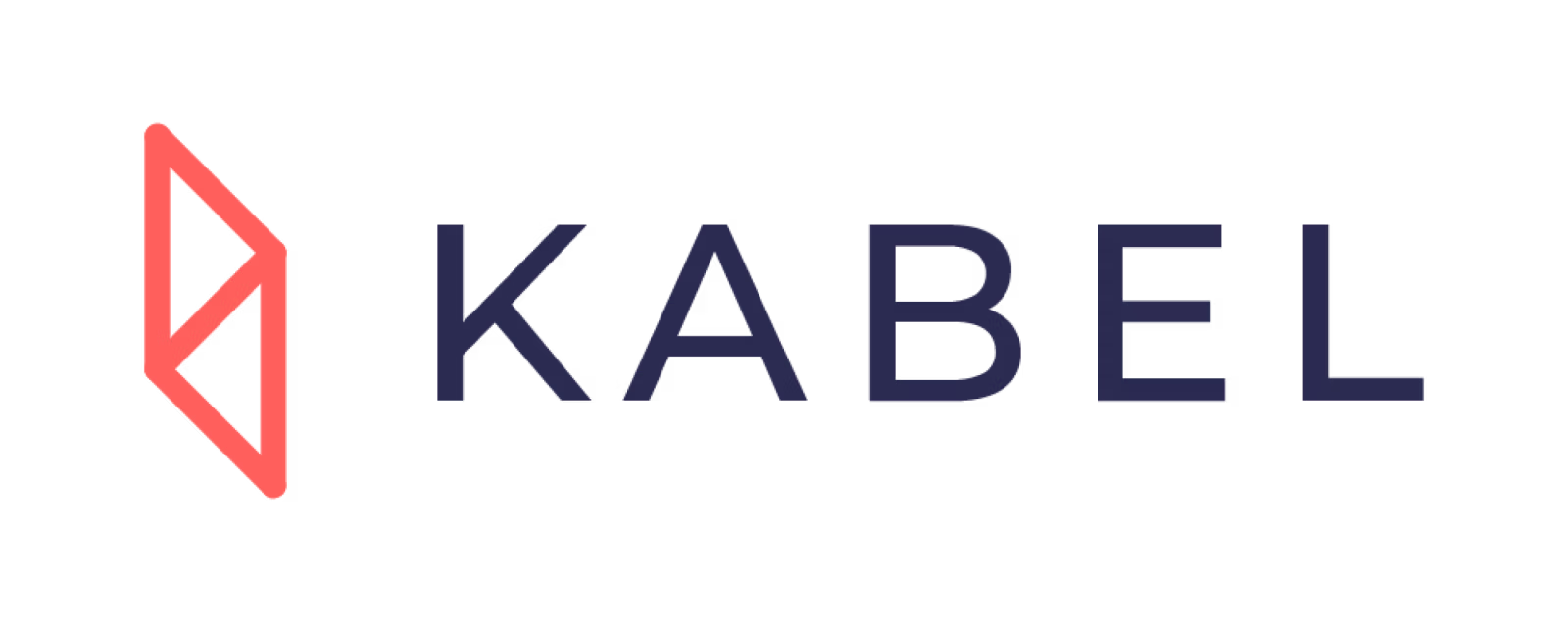Top 5 Shifts Shaping the Future of Work
Five years ago, we talked about preparing for the future of work. That future has already arrived.
AI is now your co-worker.
Hybrid work is your new office.
And adaptability — not seniority — defines talent.
But while work evolves rapidly, many organisations still operate on outdated playbooks: long job scopes, rigid hierarchies, and KPIs that measure effort instead of outcomes.
To stay competitive, growth companies must reimagine how they attract, develop, and retain talent in a world where change is the only constant.
Here are the top five shifts redefining work in 2025 — and how you can adapt before you’re left behind.
1. From Job Titles to Skills Portfolios
The days of hiring based on titles and degrees are over.
Today’s work is fluid — a marketer might automate workflows, an engineer might write UX copy, and a data analyst might lead innovation projects.
What matters now is capability, not credentials.
- Old Model: Job = Degree + Years of Experience
- New Model: Role = Skills + Agility + Outcomes
Why it matters:
Skills-based hiring lets companies match real deliverables to the right talent. It’s faster, fairer, and more effective, especially for fast-growing SMEs.
How to adapt:
- Audit your current job scopes — identify what skills truly drive performance.
- Use skills-matching platforms like Kabel to identify candidates with proven capabilities and learning agility.
2. From Rigid Roles to Agile Teams
Traditional job descriptions can’t keep up with modern business speed.
The most successful companies today build agile teams that reconfigure around projects, not positions.
When roles are flexible, people innovate faster.
When teams are empowered, outcomes accelerate.
Why it matters:
Agile structures allow businesses to respond quickly to market shifts and customer needs — without waiting for “departmental approval.”
How to adapt:
- Shift from fixed roles to project-based assignments.
- Encourage cross-functional collaboration — interns, executives, and freelancers can co-create value.
- Reward adaptability, not just expertise.

3. From Readiness to Continuous Learning
“Readiness” used to mean having the right qualification.
Now, it means having the capacity to learn faster than change itself.
In 2025, technology, AI tools, and workflows evolve every few months.
Your edge isn’t in what your team knows — it’s in how fast they can learn what’s next.
Why it matters:
Continuous learning builds resilience and keeps your workforce relevant. It also improves retention — employees stay where they can grow.
How to adapt:
- Redesign training budgets into learning ecosystems (short, just-in-time modules, peer learning, hackathons).
- Use internships as learning sandboxes — Kabel’s “Digital Agent” model is one example of how young talent can accelerate real transformation.
4. From Hierarchy to Human-Centered Leadership
AI is powerful — but people remain the differentiator.
Leadership is no longer about control; it’s about connection, clarity, and trust.
Gen Z and millennial employees value purpose, flexibility, and psychological safety over rigid authority.
They want leaders who coach, not command.
Why it matters:
Human-centered leadership drives engagement and innovation — both critical to navigating change.
How to adapt:
- Replace annual reviews with real-time feedback.
- Train leaders in empathy, coaching, and communication.
- Align company purpose with employee values, not just profit targets.
5. From Office Presence to Outcome Performance
Remote and hybrid work are no longer perks, they’re the baseline.
What defines productivity now isn’t presence, but performance.
Smart companies use data and outcomes to measure contribution, not attendance.
Why it matters:
Outcome-driven work unlocks flexibility, reduces burnout, and widens your talent pool, especially across regions and time zones.
How to adapt:
- Set measurable goals, not “hours.”
- Invest in digital collaboration tools and asynchronous workflows.
- Empower teams to decide how they deliver results.
The Takeaway: Adaptability Is the New Currency
The future of work rewards companies that learn faster, hire smarter, and adapt continuously.
You don’t need a 5-year transformation plan, you need a system that helps you respond to change every quarter.
That’s why growth companies use Kabel — to match skills, agility, and motivation in one place.
See How Skills-Based Hiring Works on Kabel →
Related Reads
How Companies Turn Interns into Digital Agents
Why ‘Readiness’ Training Alone Won’t Future-Proof Your Workforce
The Skills-Based Hiring Playbook for Growth Companies






